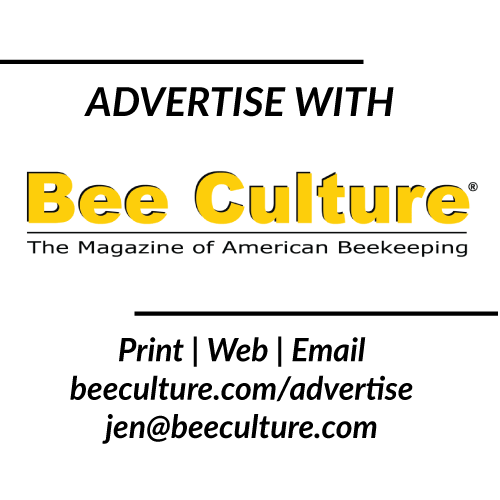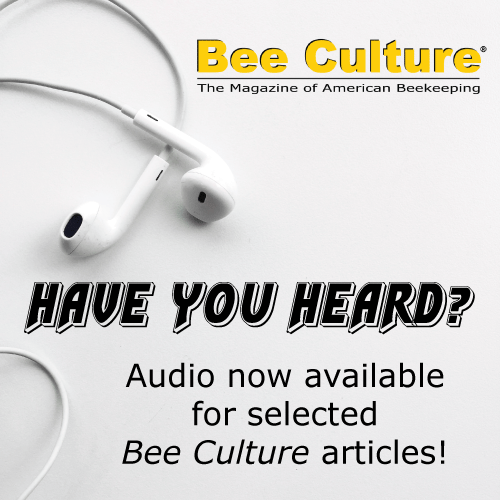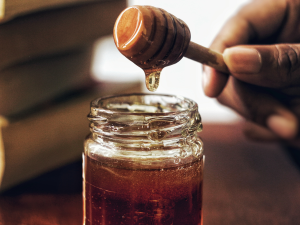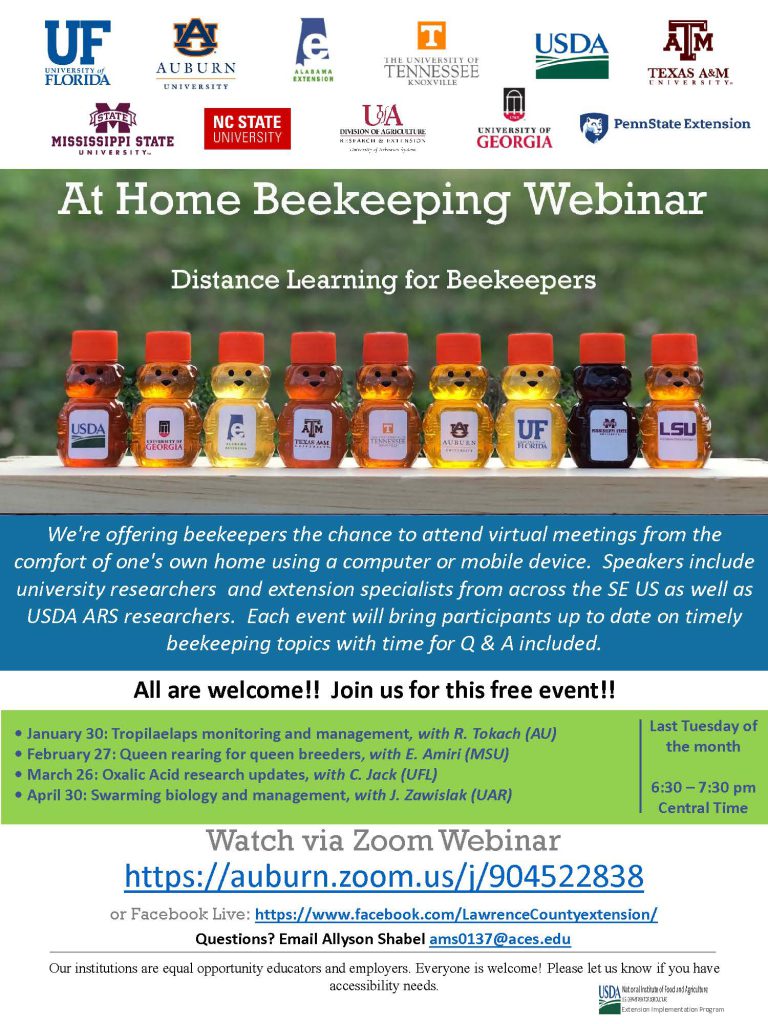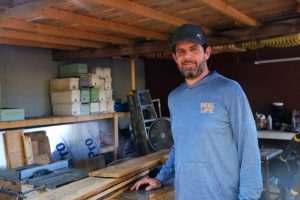USDA’s National Institute of Food and Agriculture (NIFA) is highlighting NIFA-funded researcher Dr. Priyadarshini Chakrabarti Basu who serves as an associate professor at Mississippi State University.
Tell us your journey and how your interest in agriculture developed.
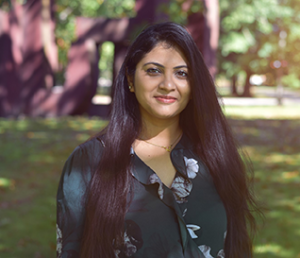
NIFA-funded researcher Dr. Priyadarshini Chakrabarti Basu serves as an associate professor at Mississippi State University. Image courtesy of Dr. Basu.
My interest in agriculture came about when I started my bachelor’s degree. Even though I studied zoology, some special topics in entomology showed a strong relationship between insects and plants, especially food crops. The more I learned, the more I was fascinated. India has a strong history of food shortage and food abundance before and after the Green Revolution respectively. Connecting with local farmers, hearing their stories and listening to them was informing. Then when I started studying bee pollinators, my interest in agriculture has since peaked as I realized that food production, crop protection and bee protection are all interconnected. Working with both growers and beekeepers has helped me understand the dynamics of different aspects of agriculture.
My research focuses on understanding the impacts of multiple stressors on bee pollinators, especially pesticides and poor nutrition and what can we do to mitigate such stress. I work at the interphase of both basic and applied sciences. I employ various interdisciplinary tools across fields such as insect physiology, apicultural practices, pollination biology, molecular ecology, insect neuroethology, mass spectrometry and insect toxicology to answer the research questions.
Could you catch us up on one of your NIFA-funded projects? What is the goal of your project and what impact do you hope it has on your institution and trainees?
My lab is helping to build the first ever pollen nutrition database for all bee pollinators in North America through a NIFA-funded project in collaboration with Dr. Ramesh Sagili at Oregon State University. The habitat for bees is usually chosen based on relative attractiveness of the plants to the bees without an understanding of the nutritional quality of such plant pollens and nectars. Through the help of this project, we are now analyzing the nutritional quality of the various bee pollinated plants (crops, noncrop, natives and ornamentals) and determining the pollen protein and lipid contents, amino acids, phytosterols and metabolites. We are partnering with various collaborators and citizen scientists across U.S. and Canada to help collect pollen to build this database. Even though this project is only for three years, this is a lifelong commitment for me, and I see myself working towards expanding this database for years.
This project has been very well received at the institution and this also raises a lot of general awareness for creating optimal forage habitats for bee pollinators. The project has brought a lot of interest and support for our research program and the institution. The students are learning valuable interdisciplinary techniques in apiculture, insect physiology, mass spectrometry and horticulture, along with working with a wide diversity of stakeholders. In addition to the pollen nutrition database, as a part of this project, we are also examining the impacts of 24-methylenecholesterol, a vital micronutrient in honey bees and the impacts of certain groups of fungicides on both plants and honey bees.
How has the NIFA specific program/funded research shaped your professional development as a scientist?
The NIFA-funded project has helped me expand partnerships in bee research. I have collaborated and worked with various partners across many USDA-Agricultural Research Services research centers, USDA pollinator group program managers and research coordinator, United States Geological Survey, Natural Resource Conservation Service and others. Thus, I now have the chance to work with motivated students, eager citizen scientists and brilliant researchers. This project has also supported my first graduate student in the new lab. And most importantly, this project has allowed me to examine very critical unanswered questions in bee nutrition, thus laying the foundation for my long-term career goals and objectives.
What advice to you have for current students who may be interested in pursuing a similar career path?
My suggestion would be to focus on more than just the aspects of learning that students enjoy and cherish. Establishing oneself independently takes time and fantastic mentors to help guide you. To be aware of what is needed to follow this path (for example, academic job in a university, or scientist with USDA, etc.) is the first important step to achieving the desired career goals. We will all fail at many things, but my advice would be to continue pushing ahead and trying. Networking, building relationships and pushing intellectual limits will help mold and sharpen students further. I am a lifelong learner, and I also encourage you to continue to learn new things and continue to polish your skills. Follow your passion and foster your scientific curiosity about all bees (managed and native), beekeeping and pollinators. It is also important to be respectful and kind to everyone.
Anything else you would like to add?
I truly enjoy learning about bee pollinators. My favorite part of my job is to be able to find questions that are still unanswered and keep trying to solve them. Most importantly I get to do this with a fantastic group of students (both graduate and undergraduate students) who are as committed and driven as I am. I also mentor and work with minority students, first-generation college students, and students representing the LGBTQ+ community. This itself is a learning curve for me, and I take immense pleasure in being able to train, teach, and mentor students. In addition, I get the opportunity to work closely with our stakeholders and Extension partners, which gives me various possibilities to work on problems that matter for both beekeepers and growers.
We are here to share current happenings in the bee industry. Bee Culture gathers and shares articles published by outside sources. For more information about this specific article, please visit the original publish source: World Honey Bee Day Profile: Dr. Priyadarshini Chakrabarti Basu | National Institute of Food and Agriculture (usda.gov)

